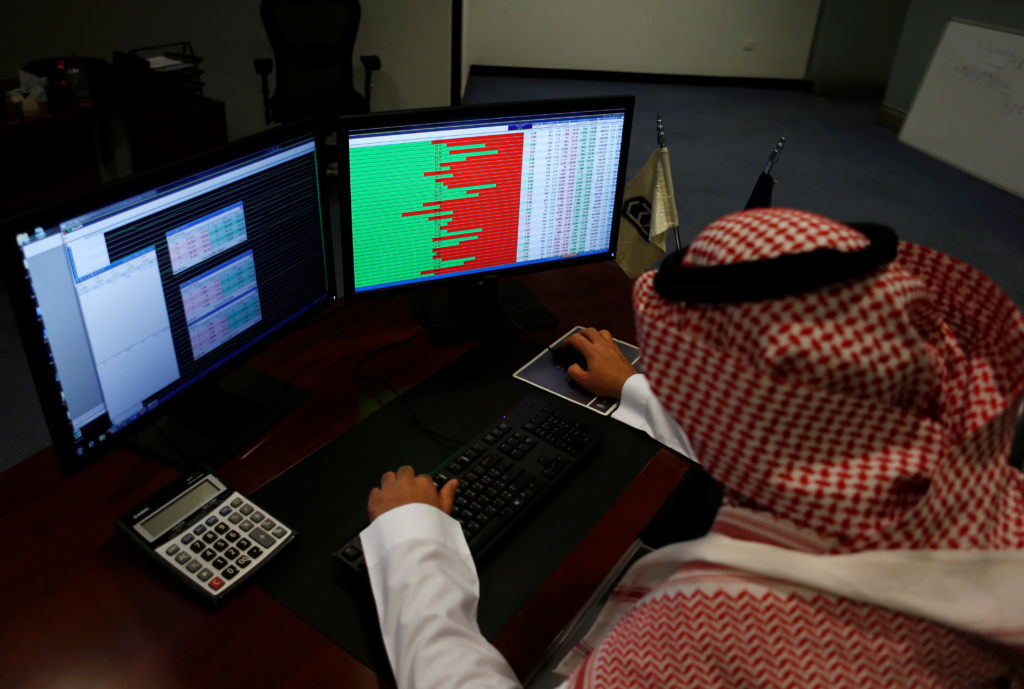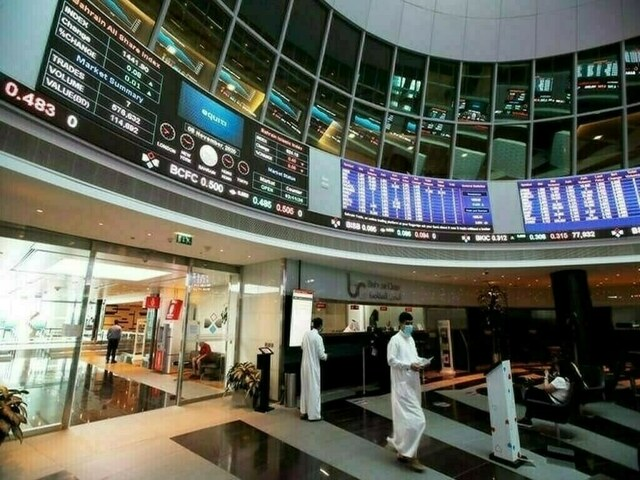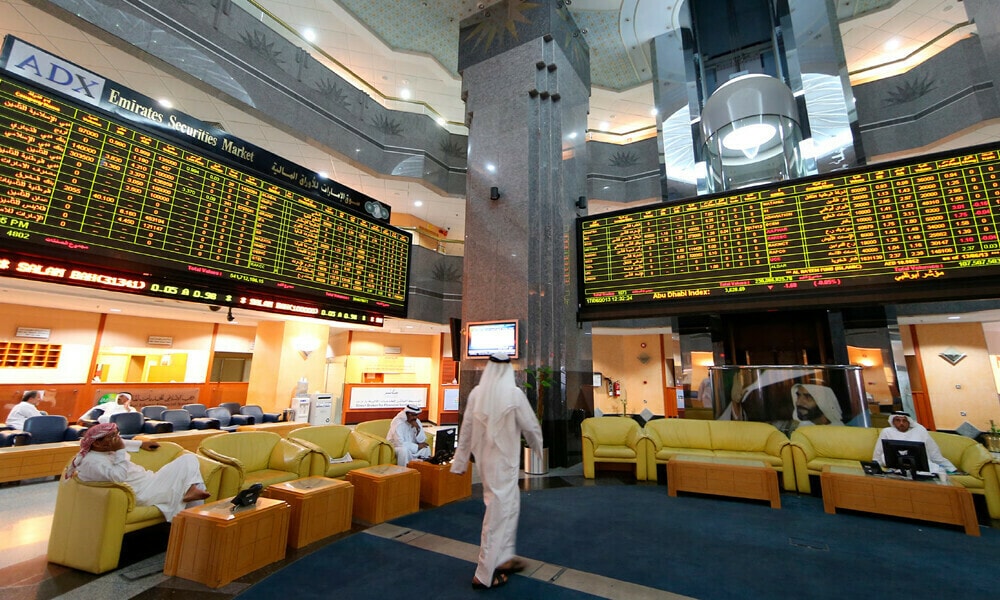Gulf equities remain subdued as regional markets, including Kuwait’s, continue to struggle with rising global economic uncertainties. This week, a renewed wave of concerns hit the Middle East’s financial sector, especially after reports of a possible 30% tariff hike on goods from the European Union and Mexico by the United States. These worries contributed to a flat performance across most Gulf stock indices, as investors adopted a cautious stance.
Gulf Equities Remain Subdued Amid Global Economic Pressures
The Gulf equities remain subdued due to the ongoing fears of international trade disruptions. The U.S. administration’s recent warning of significant tariff increases potentially up to 30% has sent shock waves through global financial markets. The Gulf Cooperation Council (GCC) countries, heavily reliant on global trade and oil exports, are particularly sensitive to these changes.
With the global economy already navigating inflation, interest rate uncertainties, and geopolitical tensions, this new layer of trade friction adds significant pressure. As a result, investors across Saudi Arabia, the UAE, Qatar, and Kuwait are increasingly shifting towards safe-haven assets or holding back new investments.

Kuwait’s Market Sees Minimal Gains
In Kuwait, the main stock index closed marginally higher, but the overall sentiment remained weak. The Kuwait Premier Market Index edged up only 0.12%, with financial and real estate sectors underperforming.
Traders in the country pointed to limited volume and reduced investor appetite as signs of uncertainty. Most blue-chip companies stayed flat or posted minimal gains, failing to provide any substantial upward momentum to the market.
The flat trend in Kuwait echoes what’s being seen across the broader Gulf region, where equities remain subdued and market confidence is fragile.
Saudi Arabia and UAE Reflect Similar Trends
Saudi Arabia’s Tadawul All Share Index also saw a muted session, ending flat for the day. Despite some upward movement in banking stocks early in the trading session, gains were reversed by close due to continued concerns about the global macroeconomic environment.
In the UAE, both the Abu Dhabi and Dubai stock markets followed suit. The Abu Dhabi Securities Exchange (ADX) fell 0.18%, while the Dubai Financial Market (DFM) slipped by 0.09%. Property stocks, which usually drive Dubai’s exchange, showed weakness, with Emaar Properties shedding 1.2% on the day.
Across these markets, the message is consistent: Gulf equities remain subdued, weighed down by fears of U.S. protectionist policies that could eventually hit trade routes and economic flows involving the region.

Rising Tariff Fears Affect Investor Confidence
The talk of a potential 30% U.S. tariff on EU and Mexican goods has created ripple effects. Although the Gulf nations are not directly affected by these tariffs, the impact on global trade and economic slowdown cannot be ignored.
Many analysts suggest that such tariffs would lead to retaliatory measures by affected countries, escalating into a broader trade war scenario. This would shrink global demand and could weaken oil prices, a major revenue source for Gulf economies.
Since many listed companies in the GCC are linked to oil or energy-related infrastructure, the negative outlook on oil prices directly affects stock valuations. This is one of the reasons why Gulf equities remain subdued, as investors price in lower future earnings.
Sector Analysis: Financials and Real Estate Hit Hard
Among the hardest-hit sectors were banking and real estate. In Kuwait, National Bank of Kuwait (NBK) saw flat performance despite recent positive earnings. Similarly, Gulf Bank dipped slightly amid news of tighter liquidity in the interbank market.
Real estate companies, often viewed as a barometer of domestic economic confidence, showed declines across most markets. In Saudi Arabia, Dar Al Arkan fell 0.9%, while Aldar Properties in the UAE lost 1.3%.
This sectoral weakness reflects the cautious outlook among investors, particularly those with exposure to debt or capital-intensive operations.
What’s Next for Gulf Investors?
The near-term outlook suggests that Gulf equities may continue to remain subdued unless global signals improve. Several market participants believe that clarity around U.S. trade policy and interest rate decisions will be key drivers for future momentum.
In the meantime, institutional investors are likely to stay defensive, rotating capital into dividend-yielding stocks and sectors less exposed to international volatility. Some traders are also looking at opportunities in the telecom and consumer staples sectors, which tend to be more resilient in uncertain times.
Until then, the message from the markets is loud and clear: Gulf equities remain subdued.
Conclusion: Watch for Clarity, Not Panic
The combination of U.S. tariff threats, oil price sensitivity, and a cautious global outlook has left Gulf markets struggling for direction. Investors are advised to monitor global economic developments closely, but not to panic.
While Gulf equities remain subdued today, long-term fundamentals in the region like diversification efforts, infrastructure investment, and strong sovereign reserves offer some support. However, short-term volatility is likely to continue unless there’s clear progress in global trade negotiations.
Do follow Gulf Magazine on Instagram
Also Read – Hawksbill Turtle Hatching: 7 Positive Impacts in Qatar’s Wildlife



